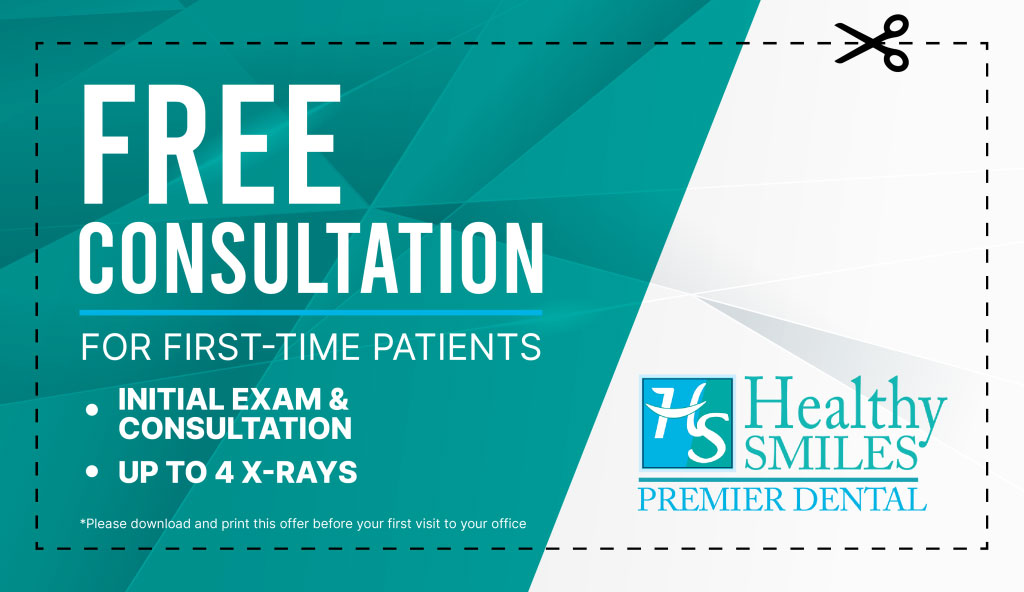How Dental Health Affects Your Risk for Heart Disease
According to the insurance company Delta Dental, there are proven links between your oral health and the health of your cardiovascular system. Periodontal bacteria from gum infections can spread throughout the body and cause inflammation of the blood vessels (inflammation is the body’s immune response to an irritation that often manifests by redness, swelling, pain, or loss of function). In the case of the heart, this can result in endocarditis (an infection of the lining of the heart), atherosclerosis (clogged arteries), or even a stroke. Having gum disease raises the chances of dying from any kind of heart disease (which takes 600,000 lives each year), by a staggering 30%.
Why Prevention is Very Important
Fortunately, periodontal disease (aka periodontitis) can be prevented by rigorously brushing your teeth twice a day for two minutes (usually after breakfast and dinner) and carefully flossing before you sleep. In the early stages, it is known as gingivitis and is not painful, but eventually becomes obvious when it turns gums red and swollen, which easily bleed when you brush or even just touch them. You may also find that these bacteria cause bad breath.
If this happens, make an appointment to have your dental hygienist do a professional cleaning that utilizes special tools and techniques that can remove the plaque, the sticky bacterial film that develops when particles of food are not quickly removed after eating, which causes gum infection. She can also scrape off the tartar, its hardened form, which fosters plaque. She may recommend that she inject the gums with an anti-bacterial solution to be sure all the germs are destroyed. If you have recurring periodontitis, it is best to use a Waterpik or AirFlosser and small bristle brushes after brushing and flossing to make sure every crevice is cleaned out.
Schedule Your Appointment
If you are uncertain whether you are properly brushing and flossing, also ask your Gardena dentist or the hygienist to give you some coaching (since few of us grew up knowing exactly the right way to do these things).
If you are concerned about a family history of cardiovascular disease (including high blood pressure) or because of your personal habits, you will want to minimize the risk by stopping smoking (including vaping and using chewing tobacco), losing weight, eating wholesome foods (including healthy fats, whole grains, and lots of vegetables), drinking plenty of water, and adequate exercise.
You may also have heard that poor oral health raises the risk for other diseases, including Alzheimer’s, cancer, and diabetes.

